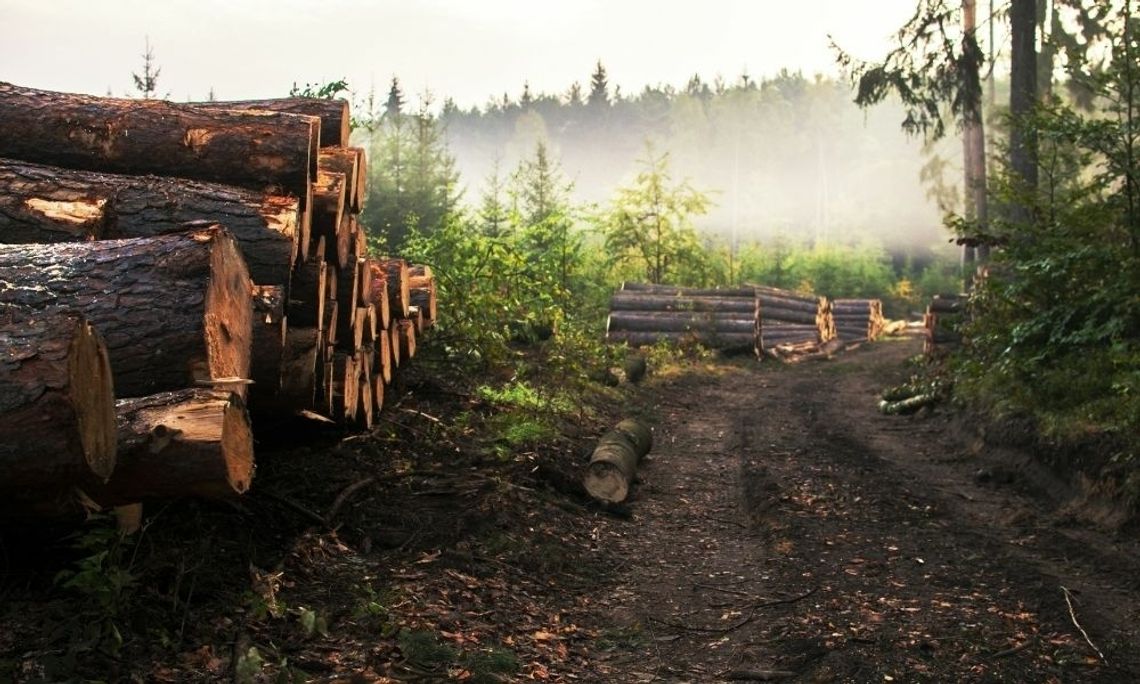Let go of the negative connotation you have about forest logging and educate yourself today. With the low-impact logging practices and innovations that have happened throughout history, logging has come a long way. Here we have outlined a few things you didn’t know about forest logging that’ll change your mind and see the good that can come from it. Start reading to find out more!
Refreshes and Rejuvenates Forest Ecosystems
While many would assume logging a forest would hurt it, that is not the case. Not only does opening the forest allow for better airflow for the trees and other plants, but it also allows for the sunlight to shine through. When this doesn’t occur because there are too many trees, disease and infestations spread throughout the area. This results in weakened, damaged trees. Who would have ever thought this was the case?
Keeps Nearby Communities Safe
This is a staple action to increase security and safety in a community. Removing old and sick trees through logging reduces the chance of them breaking and falling. Trees are extremely large and can do extreme damage on a house—and even more so on a human.
It’s also important to note that logging reduces the risk of forest fires. Throughout logging, leaf litter and fallen branches are also dealt with, directly reducing the fuel load of potential fires.
Profitable Funds
With these two beneficial points of logging outlined, it’s cool to say that something beneficial to the forest can also be profitable to people. Wood and timber are in high demand across numerous industries, and land always needs to be cleared. Depending on
what type of logging you do will depend on what type of industry and business you can be in.
Before you might not have known much about logging at all, or you could’ve assumed it was harmful and damaging. Today you were educated by these points that explained some things you didn’t know about forest logging. Hopefully, this opened your eyes to see that logging isn’t a harmful thing. If executed correctly, it’s beneficial to our ecosystem.


Comment
Comments